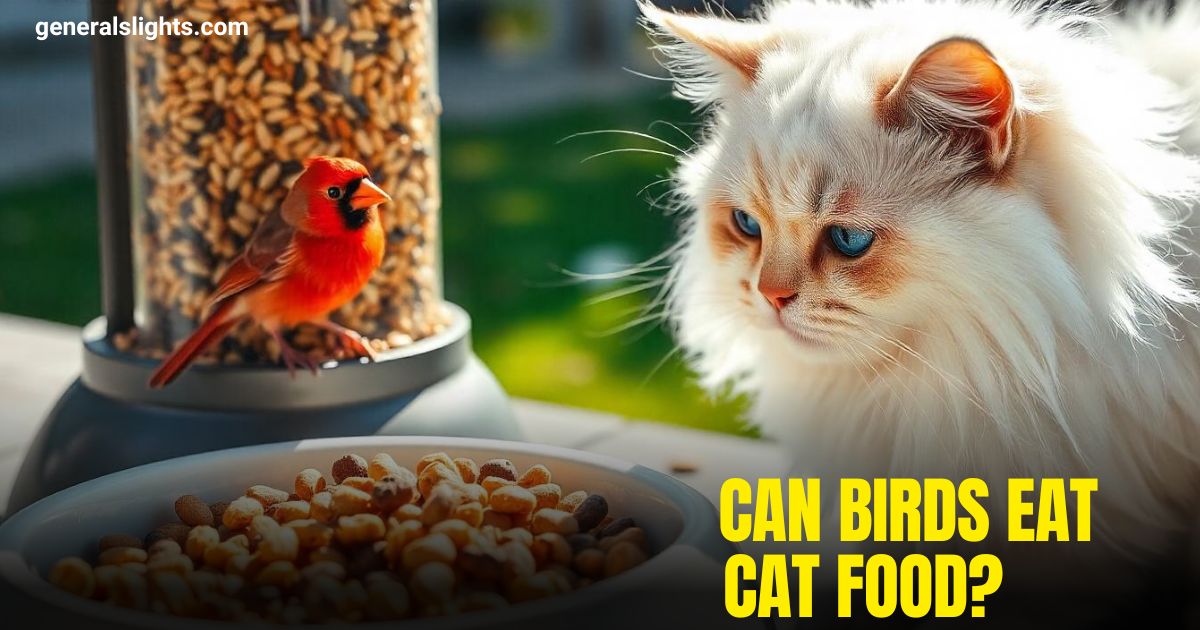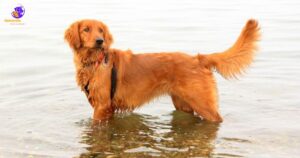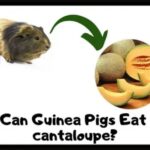Birds can eat cat food in small amounts, but it doesn’t meet their nutritional needs. Bird diet alternatives like seeds and grains provide a better balance for bird health.
Ever wondered, can birds eat cat food? Birds may nibble on it, but it’s not the healthiest option. Bird diet alternatives like seeds and fruits are better for them. Understanding the nutritional needs of birds is key to keeping them healthy!
Yes, birds can eat cat food, but it’s not ideal for their health. Birds eating pet food may get some protein, but they need a balanced diet. Bird nutrition and cat food don’t always match perfectly. It’s best to offer bird diet alternatives like seeds and grains.
Cat Food vs. Bird Food
Cat food and bird food are very different in their ingredients and purpose. Cat food ingredients for birds aren’t designed to meet bird nutritional needs. Cats need high protein from meat, while birds thrive on grains and seeds.
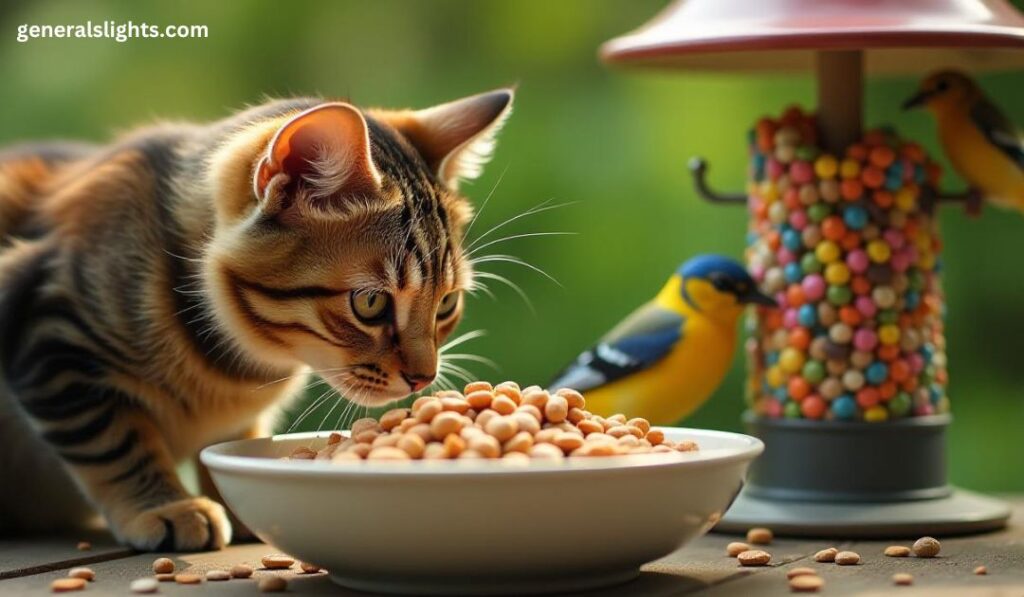
Birds eating pet food may get some protein, but it lacks the vitamins they need. Bird diet alternatives like fruits and insects offer a more balanced meal. Always aim to feed birds what suits their natural diet.
Cat food has a higher fat content, which birds don’t require in such amounts. Birds prefer foods that give them energy without excessive fats. Seeds and plants are better for feeding backyard birds.
In contrast, birds need more variety, while cats rely on meat as their primary nutrition source. So, feeding birds high-protein food designed for cats isn’t always a healthy choice. Stick to specialized bird food for optimal health.
| Nutrient | Birds | Cats |
| Protein | High | Very High |
| Fat | Moderate | High |
| Carbohydrates | Low | Low |
| Vitamins | Essential | Essential, but different |
| Ingredients | Varied | Meat-based |
Which Wild Birds Might Eat Cat Food?
Larger wild birds, like crows and ravens, often eat cat food when available. These scavengers have diverse diets and can handle the protein in pet food. However, it’s not the healthiest choice for them long-term.
Birds like magpies and bluejays might also snack on cat food for birds. They tend to eat whatever they find, but it’s best to offer them natural foods like seeds or insects. Wild birds thrive on balanced, species-specific diets.

Smaller birds, such as finches and sparrows, are less likely to eat cat food. Their diets rely more on grains, seeds, and fruits. To keep them healthy, it’s crucial to provide proper bird diet alternatives.
Here’s a look at 10 species that are likely to sample cat food:
- Crows
Crows are intelligent and opportunistic feeders. They often scavenge for various foods, including cat food. - Magpies
Magpies are curious birds that enjoy exploring their surroundings. They might eat cat food when they find it. - Blue Jays
Blue jays are known for their boldness and adaptability. They may sample cat food but prefer nuts and seeds. - Ravens
Ravens are highly intelligent and resourceful birds. They often search for food scraps, including cat food. - Grackles
Grackles have a diverse diet and readily explore food sources. They can easily consume cat food if available. - Starlings
Starlings are social birds that flock together. They often sample cat food as part of their opportunistic feeding behavior. - House Sparrows
House sparrows thrive in urban areas and adapt well to various food sources. They might nibble on cat food when it’s accessible. - Blackbirds
Blackbirds are versatile feeders that often seek out different food options. They may include cat food in their diet occasionally. - Mourning Doves
Mourning doves primarily eat seeds but may try cat food when foraging. Their preference remains for grains and seeds. - Pigeons
Pigeons are known for their adaptability in urban environments. They often sample cat food as part of their varied diet.
How to Feed Cat Food to Birds
Feeding cat food to birds can lead to several health issues. Many types of cat food lack essential vitamins and minerals that birds require. Additionally, the high protein content can result in obesity and other related health problems. Birds may also suffer from digestive issues when consuming ingredients that don’t suit their systems.
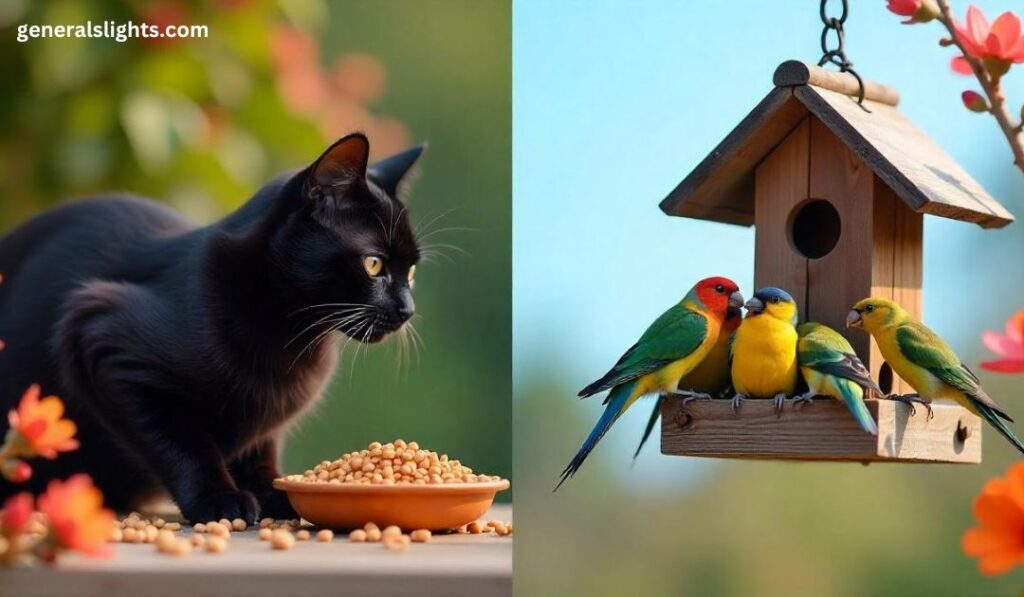
Another concern involves attracting pests to feeding areas. Leaving cat food outdoors can invite rodents and raccoons, causing problems for both birds and homeowners. Moreover, relying on cat food can prevent birds from exploring natural food sources. Ultimately, it’s crucial to prioritize a varied diet that meets the nutritional needs of birds.
- Limit Portions
Always offer cat food in moderation to prevent nutritional imbalances. Birds need a balanced diet primarily consisting of seeds and grains. - Choose Wet Cat Food
Opt for wet cat food instead of dry kibble. Wet food is easier for birds to digest and more appealing to them. - Monitor for Allergies
Keep an eye on birds after they eat cat food for any signs of allergies or distress. Some birds may not react well to certain ingredients. - Supplement with Natural Foods
Pair cat food with bird diet alternatives like seeds and fruits. This ensures birds receive the necessary vitamins and nutrients. - Clean Feeding Areas Regularly
Always maintain clean feeding stations after offering cat food. Regular cleaning prevents mold and bacteria, ensuring birds’ safety and health.
Problems When Feeding Cat Food to Birds
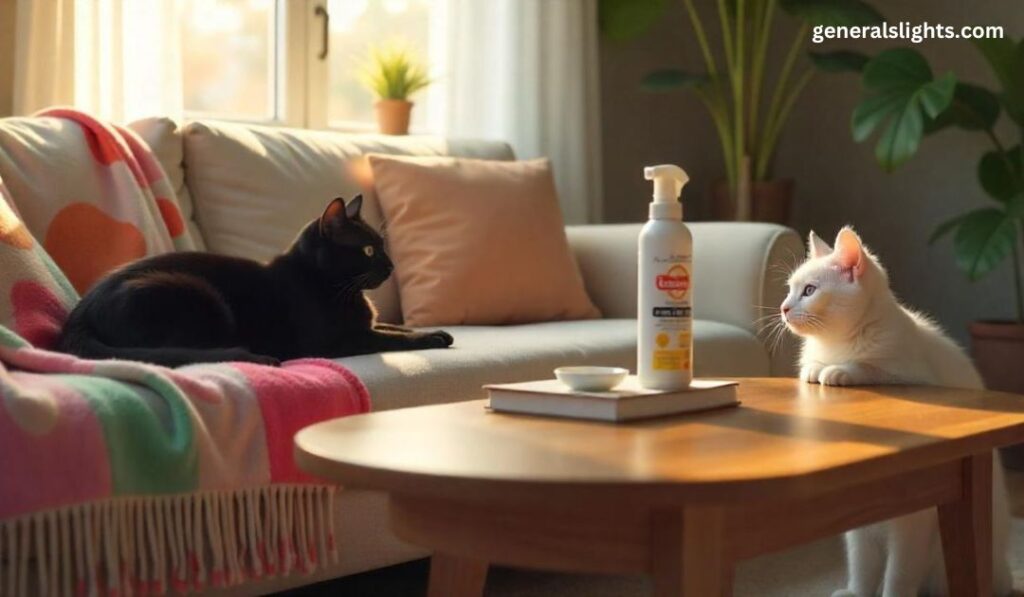
Here are ten problems when feeding cat food to birds:
- Nutritional Imbalance: Cat food often lacks essential vitamins and minerals vital for proper bird health.
- Excessive Protein: High protein levels in cat food can lead to obesity and related health issues in birds.
- Digestive Issues: Birds may experience digestive problems when consuming ingredients not suitable for their systems.
- Dependence on Inappropriate Food: Relying on cat food can cause birds to avoid healthier options like seeds and fruits.
- Attracting Pests: Leaving cat food outdoors can attract unwanted animals, such as rodents and raccoons.
- Lack of Variety: Cat food doesn’t provide the diverse diet birds need for optimal health and energy.
- Potential Contaminants: Cat food may contain preservatives or additives harmful to birds if consumed regularly.
- Loss of Natural Foraging Behavior: Birds may become less inclined to forage for natural foods when fed cat food.
- Higher Fat Content: Many cat food varieties are high in fat, which is unsuitable for most bird species.
- Health Risks from Dry Food: Dry cat food can be challenging for birds to digest, leading to possible health issues.
FAQs
Can Birds Eat Cat Food?
Yes, birds can eat cat food in small amounts, but it isn’t ideal for their health. It lacks many essential nutrients that birds need for a balanced diet.
Is Cat Food Safe for Birds?
Cat food is not inherently safe for birds. It contains high protein levels and ingredients that may upset their digestion.
What Ingredients in Cat Food Are Bad for Birds?
Some cat food ingredients can be harmful to birds, such as high-fat content and artificial additives. Birds thrive better on natural foods like seeds and fruits.
Should I Feed Birds Cat Food Regularly?
You should not feed birds cat food regularly. It should only be an occasional treat, as it does not meet their nutritional needs.
What Are Better Alternatives for Bird Food?
Bird diet alternatives include seeds, nuts, fruits, and insects. These options provide a balanced diet that supports the health of various bird species.
Conclusion
While birds can eat cat food, it’s not the best choice for their health. Cat food lacks essential nutrients that birds require for optimal well-being. Instead of relying on cat food, offer bird diet alternatives like seeds and fruits to ensure they thrive.
Feeding birds a proper diet supports their health and natural behaviors. Always prioritize natural foods that meet the nutritional needs of birds. By doing so, you contribute to a healthier environment for our feathered friends.
>>>>Also Read Must:How Much To Pay For Dog Sitting For A Week

Emerson is an expert in the world of pets, specializing in understanding diverse breeds, nutrition, and health. His deep knowledge ensures your pets receive the best care, from balanced diets to top-notch health advice, keeping them at their happiest and healthiest.
